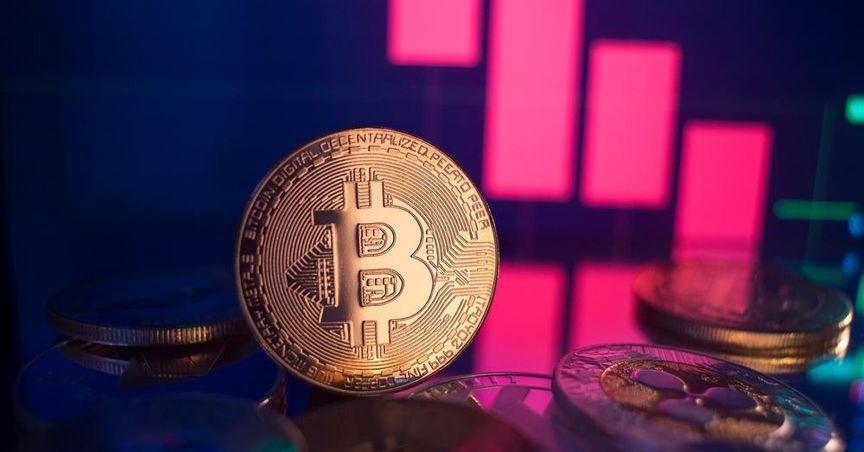Highlights
- Brazil proposes a Bitcoin reserve to strengthen financial security and innovation.
- The initiative includes safeguards for accountability and transparency.
- Brazil ranks among the top nations in global cryptocurrency adoption.
Brazil is positioning itself as a leader in the digital economy with a groundbreaking proposal to establish a sovereign Bitcoin reserve. The initiative, presented by Congressman Eros Biondini on November 25, seeks to allocate approximately US$18.6 billion (equivalent to 5% of Brazil’s international reserves) to the creation of the Sovereign Strategic Bitcoin Reserve, or RESBit. This plan aims to diversify the country’s treasury assets while mitigating risks from currency fluctuations and geopolitical uncertainties.
The RESBit proposal emphasizes the growing significance of cryptocurrencies as a legitimate asset class. Despite their volatility, the bill highlights their integration potential for economic stability and financial innovation. By including Bitcoin in its reserves, Brazil plans to modernize its financial infrastructure, ensuring resilience against external economic shifts while staying competitive in the digital economy.
A key aspect of this legislation is its alignment with Brazil’s upcoming central bank digital currency (CBDC), Drex. The Bitcoin reserve would act as collateral, providing additional financial stability to the CBDC initiative. This dual strategy showcases Brazil’s forward-thinking approach to integrating blockchain technology into its financial systems.
The legislation also draws inspiration from global crypto adoption. El Salvador’s Bitcoin adoption, the approval of crypto exchange-traded funds in the United States (NYSE:BTC ETF), and blockchain projects in regions like Dubai and the European Union are cited as benchmarks. The bill further underlines the importance of blockchain technology for ensuring economic competitiveness and innovation.
Brazil’s proactive stance on digital assets is not new. In June 2023, the country implemented regulations granting the central bank oversight of virtual asset service providers. A report from Chainalysis ranks Brazil 10th globally in crypto adoption, with the country receiving the second-largest amount of cryptocurrency transactions between 2022 and 2023. These developments have already placed Brazil at the forefront of global cryptocurrency innovation.
To ensure the proper implementation of RESBit, the proposed legislation includes stringent measures for transparency and accountability. Penalties for mismanagement or non-compliance underline the government's commitment to effective governance. This initiative not only reinforces Brazil’s leadership in the crypto space but also paves the way for broader adoption of blockchain technology in national economies.
With this progressive move, Brazil could further solidify its position as a global leader in digital financial innovation.



